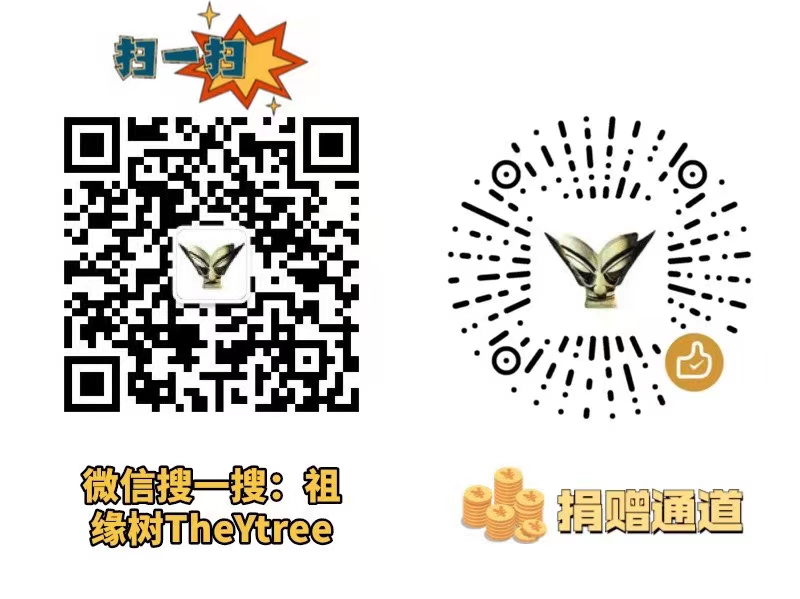AU72291
科研
hg38 / GRCh38
男
覆盖度95.51% 平均深度111
FTDNA Big Y (bam)
French Polynesia
Nuku Hiva
Nuku Hiva
This article reports on an exploration of the Y-chromosome sub-haplogroup O2a2b-P164 in Austronesian-speaking populations. Moderate to high abundance of the P 164 mutation is seen in the West Pacific including the Amis of Formosa (36%) and the Filipinos of Mindanao (50%) as well as in the Kiritimati of Micronesia (70%), and Tonga and Samoa of West Polynesia (54% and 33%, respectively), and it drops to low frequencies in populations of East Polynesia. The communities of Polynesia and Micronesia exhibit considerable inter- and intra-population haplotype sharing suggesting extensive population affinity. The observed affinities, as well as the ages and diversity values within the P 164 sub-haplogroup among Austronesian-speaking populations signal an ancestral migration route and relationships that link the Amis of Taiwan with distant communities in West and East Polynesia, Micronesia, and the Maori of New Zealand. High resolution sequencing of the Austronesian Y chromosome indicate that the P 164 lineage originated about 19,000 ya and then split into three branches separating the Ami aborigines, Southeast Asian and Polynesian/Micronesian populations about 4700 ya, roughly coinciding with the initiation of the Austronesian diaspora. The Y-chromosomes of all the Polynesian and Micronesian population examined belong to the new FT 257096 haplogroup. 本文报告了对南岛语人群中 Y 染色体亚单倍群 O2a2b-P164 的探索。 中度至高丰度的 P 164 突变见于西太平洋地区,包括福尔摩沙的阿美人 (36%) 和棉兰老岛的菲律宾人 (50%)、密克罗尼西亚的基里蒂马蒂人 (70%)、汤加和萨摩亚 西波利尼西亚(分别为 54% 和 33%),而在东波利尼西亚人口中则降至较低频率。 波利尼西亚和密克罗尼西亚的社区表现出相当大的群体间和群体内单倍型共享,表明广泛的群体亲和力。 观察到的亲缘关系,以及南岛语人群中 P 164 亚单倍群的年龄和多样性值,表明了一条祖先迁徙路线和关系,将台湾阿美人与西波利尼西亚和东波利尼西亚、密克罗尼西亚和南美洲的遥远社区联系起来。 新西兰毛利人。 南岛语 Y 染色体的高分辨率测序表明,P 164 谱系起源于约 19,000 年,然后在约 4700 年分裂为三个分支,将阿美原住民、东南亚和波利尼西亚/密克罗尼西亚人群体分开,大致与南岛语散居的开始时间一致。 所检查的所有波利尼西亚和密克罗尼西亚人群的 Y 染色体都属于新的 FT257096 单倍群。
Delineating the dispersal of Y-chromosome sub-haplogroup O2a2b-P164 among Austronesian-speaking populations
© 2020-2025 TheYtree.com
